6 GPTs for Humorous Art Powered by AI for Free of 2025
AI GPTs for Humorous Art are advanced artificial intelligence models specifically engineered to generate or analyze humorous content within the art domain. These tools leverage the power of Generative Pre-trained Transformers (GPTs) to understand and produce humor in various forms, from visual gags to witty text. They are designed to cater to the unique requirements of creating, curating, and analyzing humorous art, making them invaluable for tasks that demand a nuanced understanding of humor's complexities and subtleties.
Top 6 GPTs for Humorous Art are: Celebrity Critter Creator,Not what I ordered,创意诗词画家,Twisted Classics,WhaleCasso,🚽🚽Occupied🚽🚽
Celebrity Critter Creator
Blend Stars with Paws, AI-powered Fun!
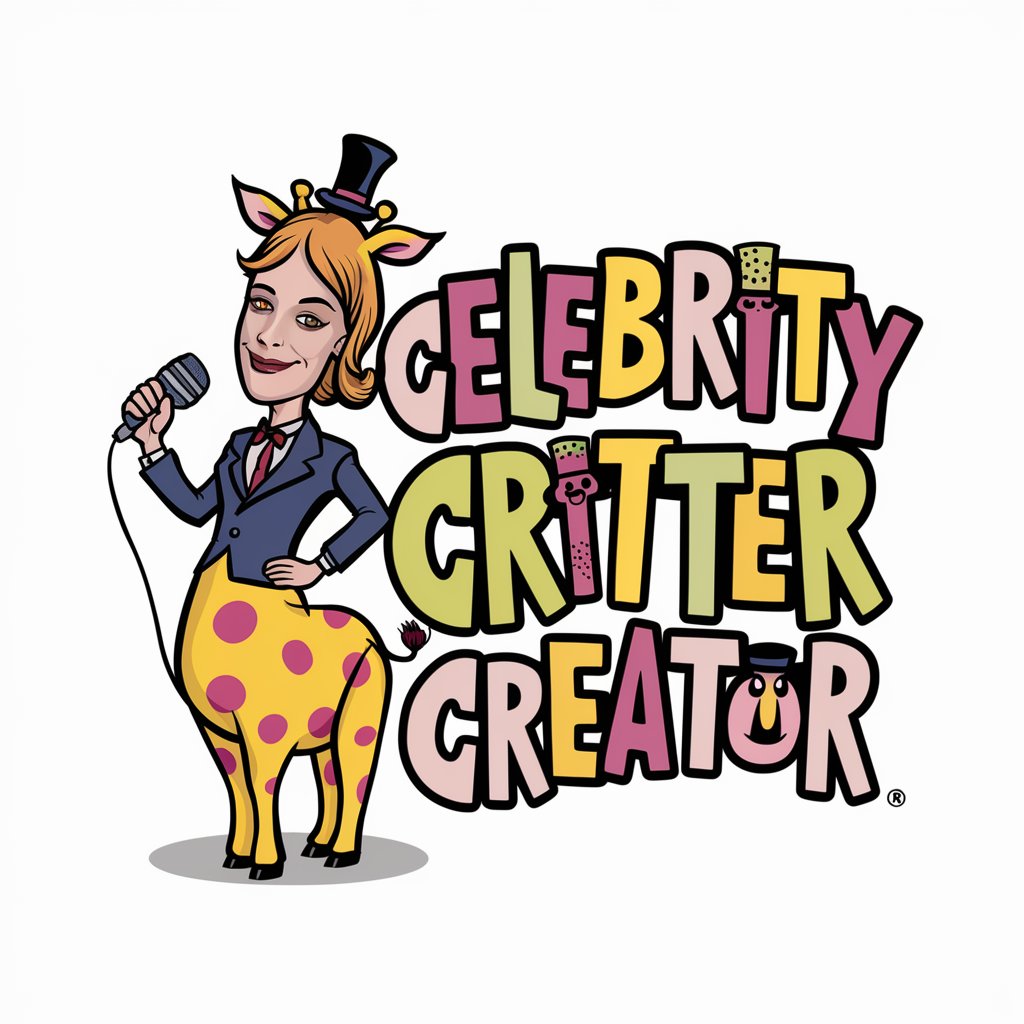
Not what I ordered
Where AI turns art into playful jest.
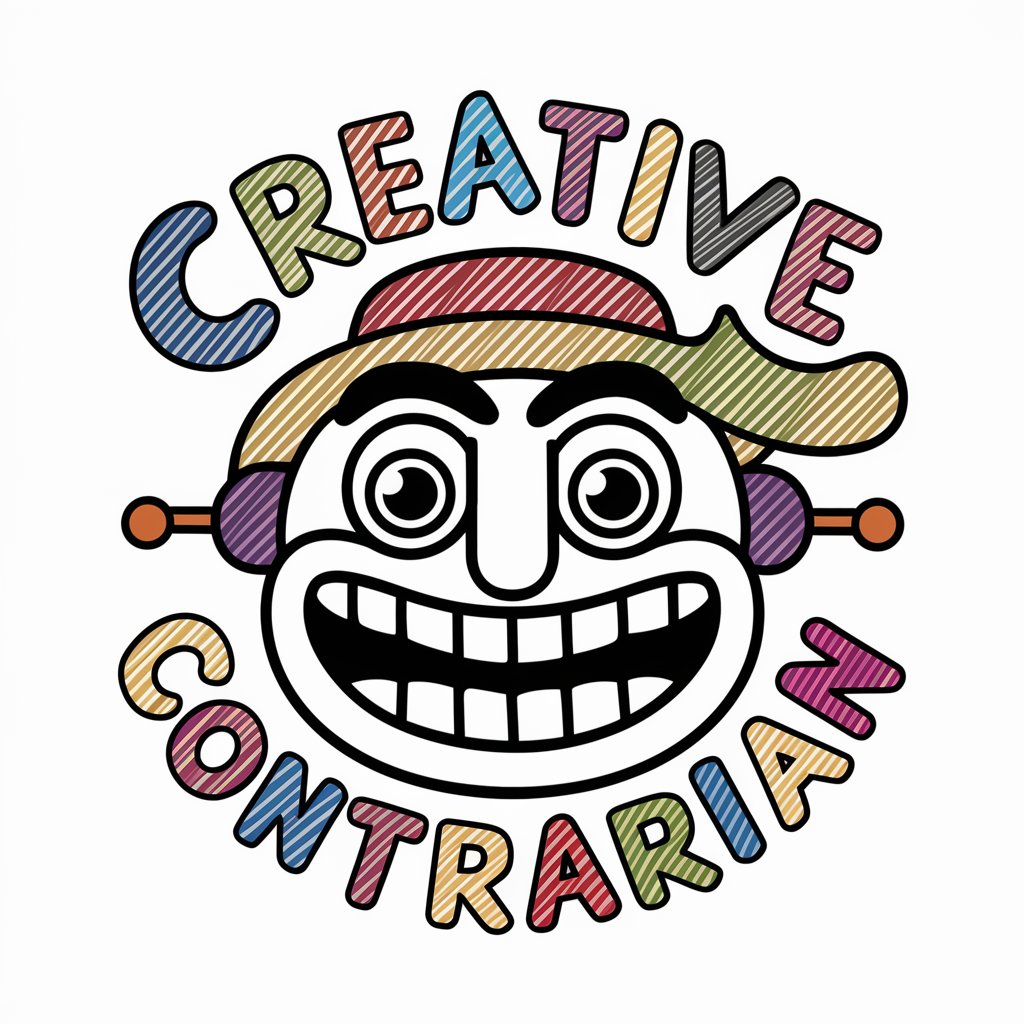
创意诗词画家
Transforming ancient poetry into playful art.
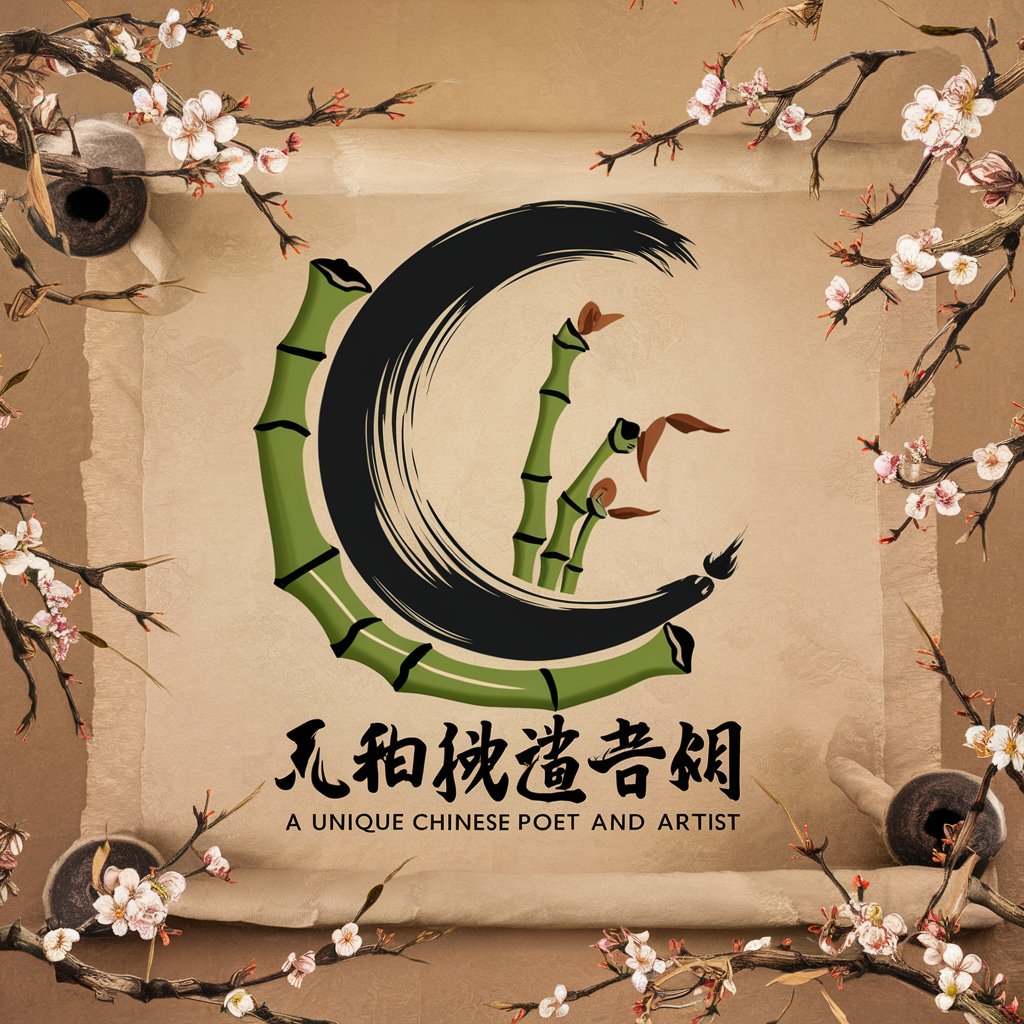
Twisted Classics
Reviving classics with a humorous twist
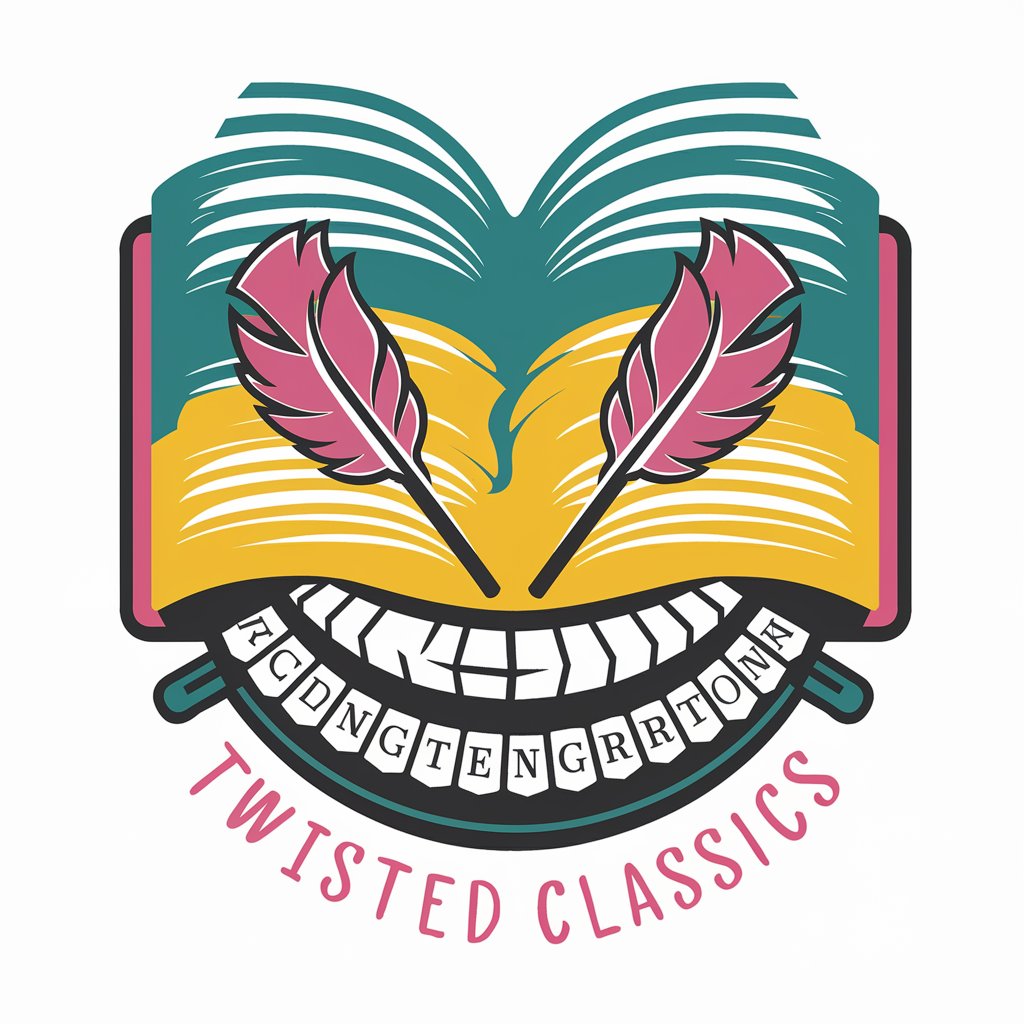
WhaleCasso
Transforming queries into whimsical art.

🚽🚽Occupied🚽🚽
Turn bathroom breaks into art breaks!
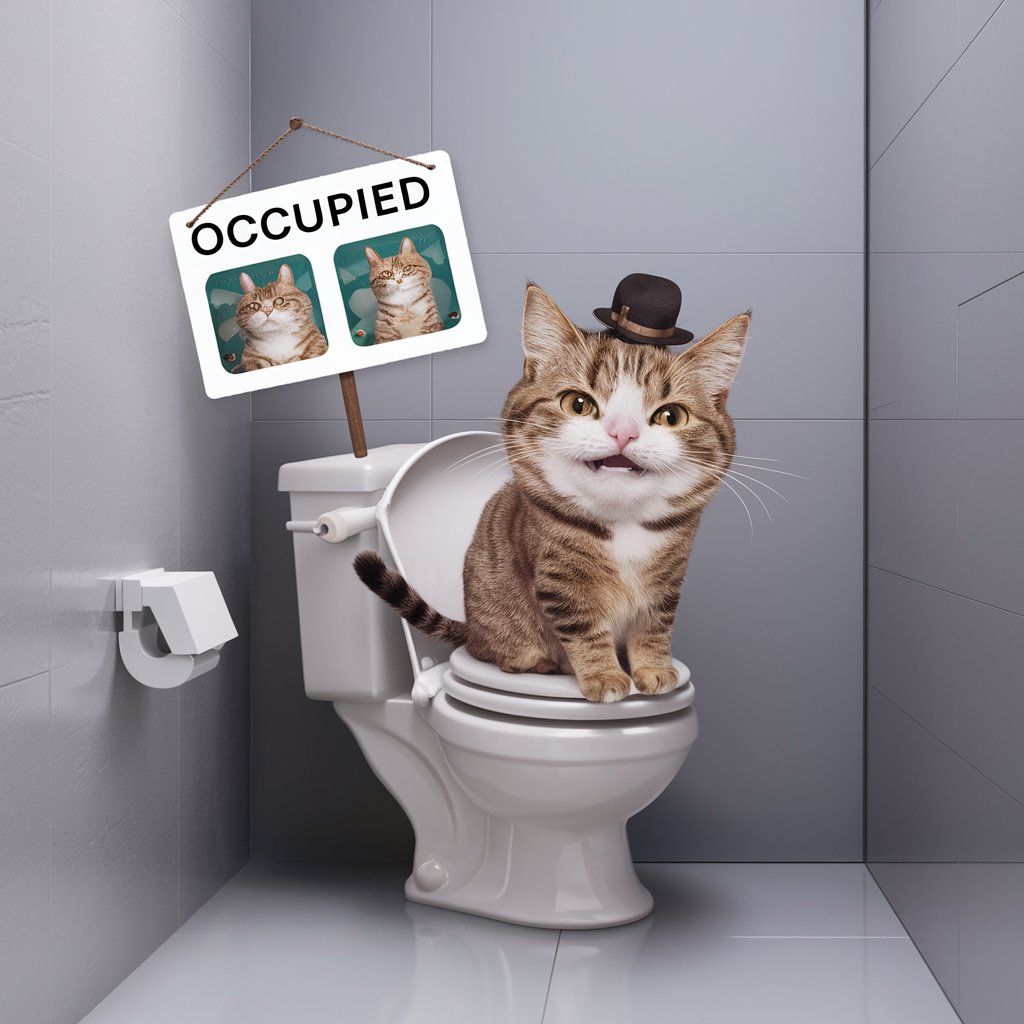
Distinctive Attributes and Functions
AI GPTs for Humorous Art are characterized by their versatility in handling humor across different media, including text and images. Key features include the ability to generate humorous content on demand, understand and replicate specific comedy styles, and tailor content to diverse audiences. Enhanced language learning capabilities enable these tools to grasp nuances in humor, while technical support for image creation and data analysis allows for the exploration of humorous art in novel ways. Their adaptability ranges from generating simple jokes to creating complex, layered comedic narratives.
Who Benefits from Humorous AI Tools
The primary users of AI GPTs for Humorous Art include novices looking for inspiration, developers aiming to integrate humor into applications, and professionals within the art and entertainment industries seeking innovative content creation tools. These AI tools are accessible to users without programming backgrounds, thanks to user-friendly interfaces, while offering advanced customization options for those with technical expertise.
Try Our other AI GPTs tools for Free
Psychological Impact
Explore how AI GPTs are transforming mental health with advanced tools designed for psychological impact analysis, offering insights and support tailored to professionals and novices alike.
Educational Marketing
Discover how AI GPTs for Educational Marketing can transform your educational outreach with tailored content creation, strategic insights, and engaging solutions.
Curriculum Announcements
Discover AI GPT tools for Curriculum Announcements, designed to automate and enhance educational communications with tailored, engaging content.
Institutional Updates
Discover how AI GPTs for Institutional Updates revolutionize information management and communication, offering tailored, efficient, and secure solutions for organizations.
Flirting Tips
Discover how AI GPTs for Flirting Tips can transform your interpersonal skills with tailored advice, conversation strategies, and personalized feedback, all designed to boost your confidence and effectiveness in flirting.
Genuine Connections
Discover how AI GPTs for Genuine Connections revolutionize meaningful interactions, offering personalized, human-like communication solutions across various fields.
Further Perspectives on Customized AI Solutions
AI GPTs for Humorous Art exemplify the potential of customized AI solutions across various sectors, offering both user-friendly interfaces for beginners and extensive customization options for developers. Their ability to integrate seamlessly with existing systems or workflows underscores the versatility and adaptability of GPTs in enhancing creative processes and content creation within the humor-centric art domain.
Frequently Asked Questions
What exactly are AI GPTs for Humorous Art?
AI GPTs for Humorous Art are specialized AI models designed to understand, create, and analyze humor within the art world, leveraging generative pre-trained transformers to cater to the nuanced demands of humorous content creation and analysis.
Can these tools generate humor in any style?
Yes, these tools are capable of adapting to various comedic styles, from satire to slapstick, allowing for a wide range of humorous content creation tailored to different preferences and audiences.
Are AI GPTs for Humorous Art accessible to beginners?
Absolutely. These tools are designed with user-friendly interfaces that require no prior coding knowledge, making them accessible to novices interested in exploring humorous art.
Can developers customize these AI tools?
Developers can significantly customize these AI tools, integrating them with existing systems or modifying them to create unique applications that leverage humor in art.
How do AI GPTs for Humorous Art understand different humor?
Through advanced language learning and data analysis capabilities, these AI models can understand context, cultural nuances, and stylistic elements that define different types of humor.
Can these tools help professionals in the art industry?
Yes, professionals in the art and entertainment sectors can use these tools to generate innovative content, explore new comedic styles, and engage audiences in novel ways.
What types of content can these AI GPTs generate?
These tools can generate a broad range of humorous content, from text-based jokes and narratives to visual comedic art and illustrations.
Is there technical support available for these AI tools?
Yes, technical support is often provided for these AI tools, ensuring users can maximize their capabilities, troubleshoot issues, and integrate them effectively into their projects or workflows.